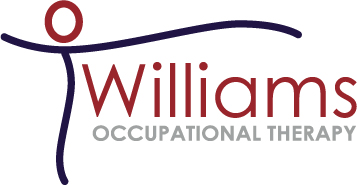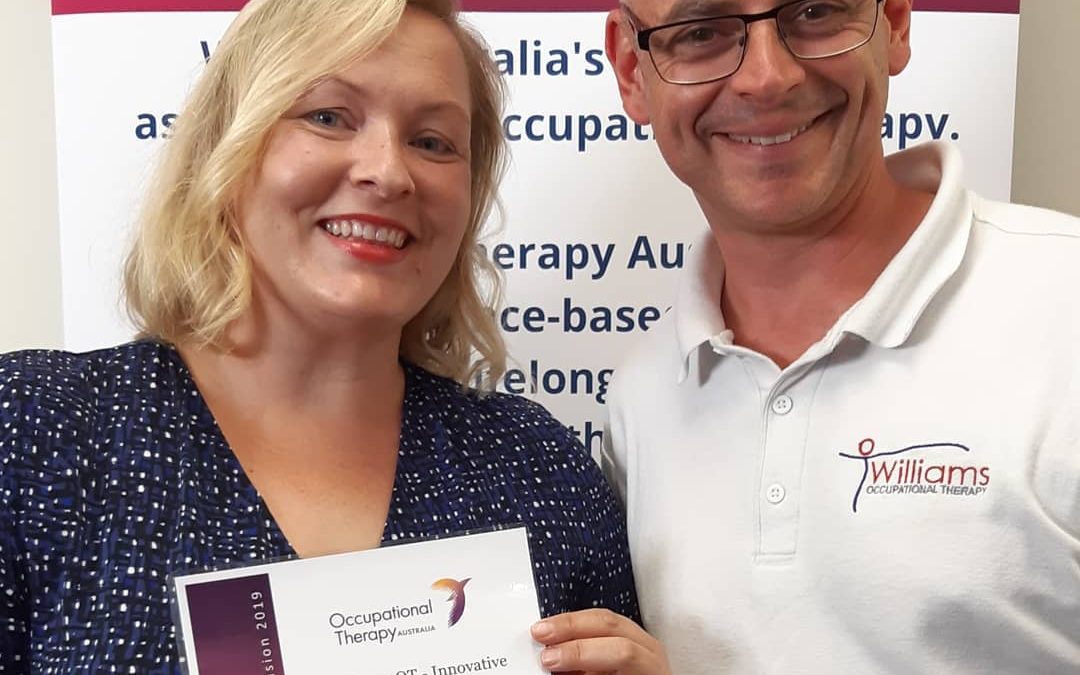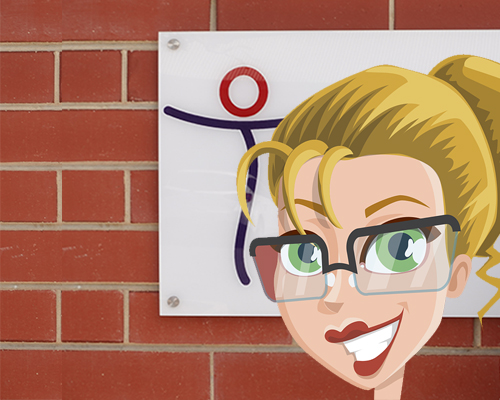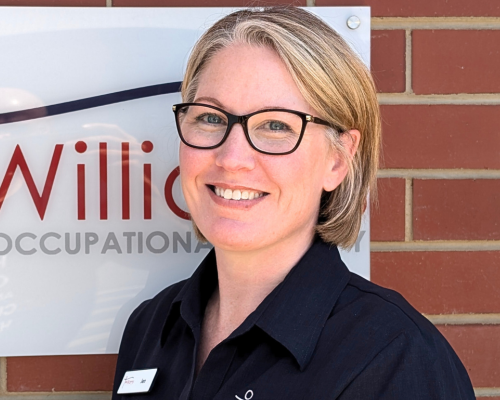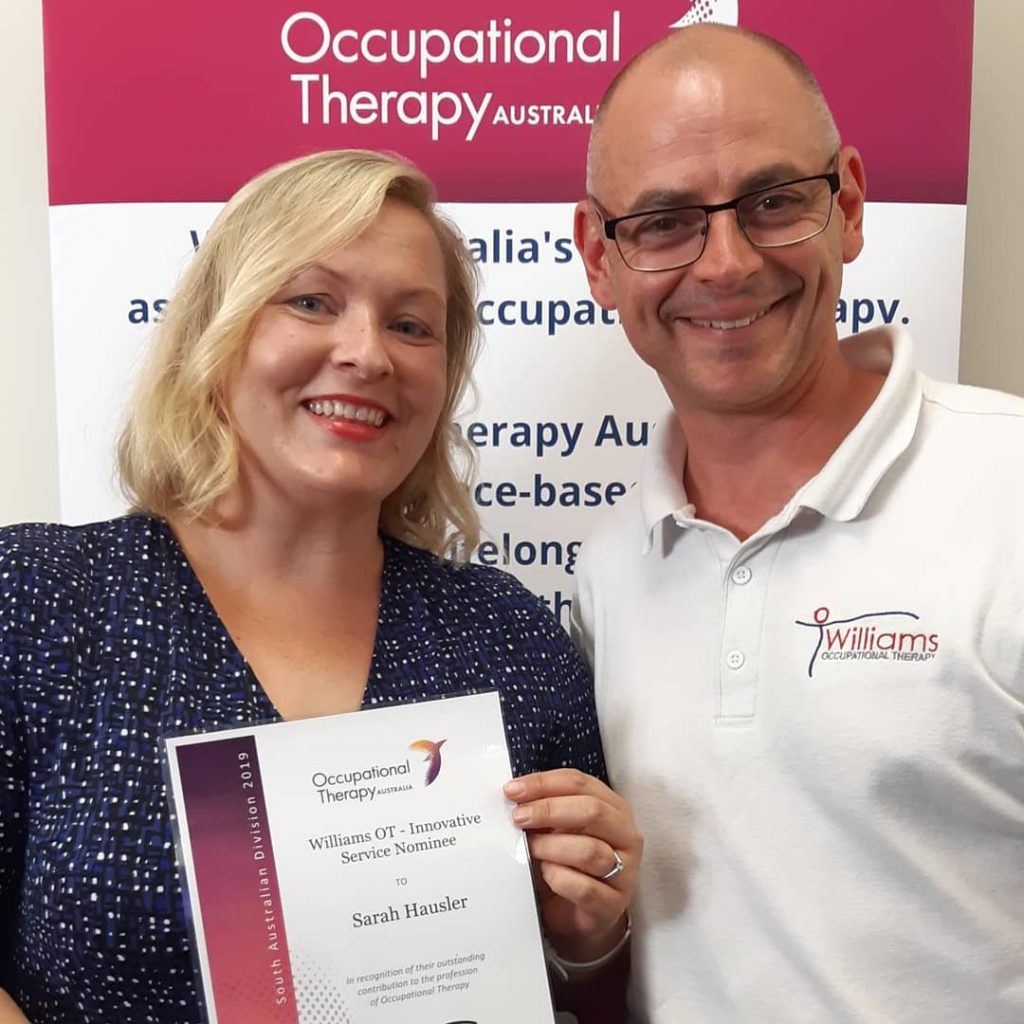
Every year, our team at Williams OT seek out and recognise fellow individual or group of Occupational Therapists who continue to create and deliver innovative service technology through occupational therapy. This year, we decided to give out an award to one of our finalists, Sarah Hausler as well. Check out her story below to find out more on her work and her nomination:
What an honour to be nominated for the Williams OT Innovative Service Delivery Award. I love how this award aims to increase the profile of Occupational Therapy within the community and promotes the development of innovative models of service delivery within the profession. Seeing gaps in service and finding a way to effectively provide for and close that gap is something I am committed to as a professional. Thank you Williams OT for continuing to encourage professional growth and innovation for South Australian practitioners.
I am an Occupational Therapist primarily working in the fields of Paediatrics and Women’s Health, and have been operating my business, Bloom Wellbeing, since 2014. I started as a mobile practitioner providing services to clients in schools, pre-schools and their homes. As my business grew I saw the need for a home for Bloom Wellbeing, and in April 2019 I opened our dedicated OT clinic in Port Adelaide. Since opening our doors in April the business has grown, leading to the employment of 2 additional Occupational Therapists and administration staff. We offer a range of services including paediatrics, mental health and group programs , one of our key services being our WELL Girls Program.
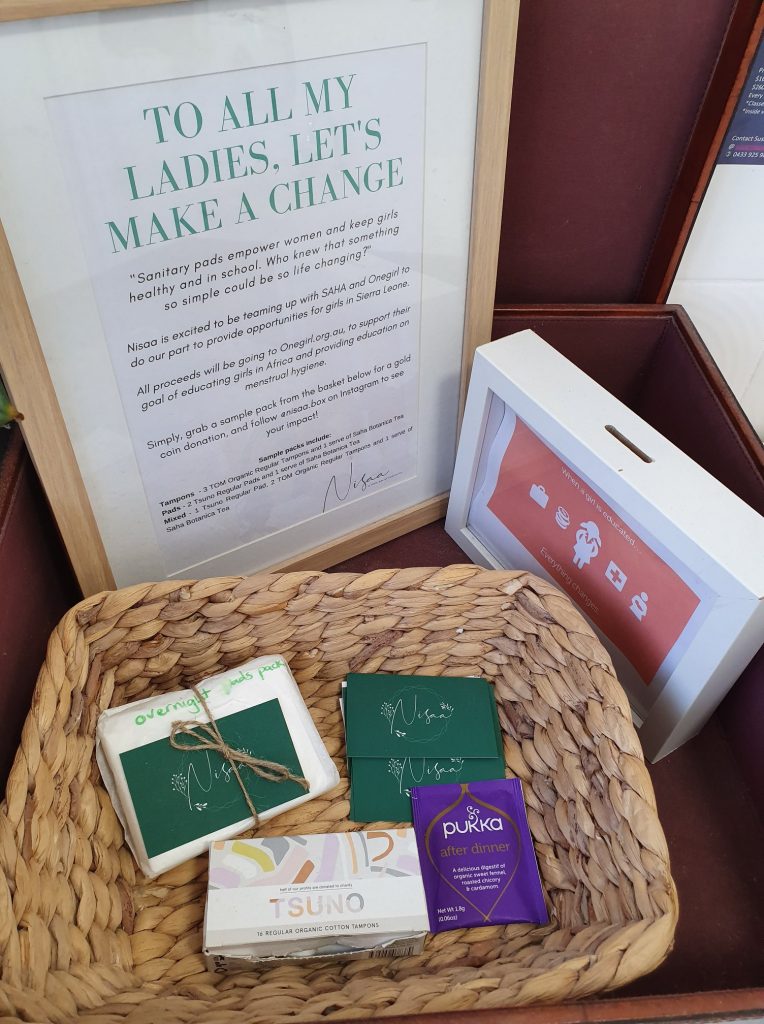
Through my work with clients, coupled with my interest and passion in Women’s Health, I identified a need for girls with autism to have education around life skills and knowledge around the changes their bodies will undergo during puberty. I struggled to find resources that were both relevant to the population, and particularly resources that were Australian, which led me to create the WELL Girls program. I developed the program to fit the particular learning style and complexities of girls with autism between 8 and 12 years of age and ensure that the delivery is developmentally appropriate to maximise its effectiveness. This small group learning environment provides a platform for girls with autism to become more knowledgeable and empowered about their body, the changes they go through during puberty and also the choices they make. One key component of the program is the inclusion of a practical activity (occupation) for each session which complements and reinforces the content delivered for that particular session and provides an opportunity for participants to engage in the program through a different avenue, as well as practicing valuable social skills.
The content encompasses a range of topics, such as: me and my body, what is puberty, body changes, what is menstruation and how to manage it, hygiene and cleanliness, big feeling and strategies to manage them, the people around us, friends and frenemies and confidence and resilience. I have used social stories and scripts throughout the workbook as a way to provide relevancy and comprehension of topics, which supports the way in which girls with autism assimilate information. Through the creation of these social stories and scripts I have also written and published a book called ‘Piper gets her period’ as I saw a need for a “take home” resource for girls with autism.
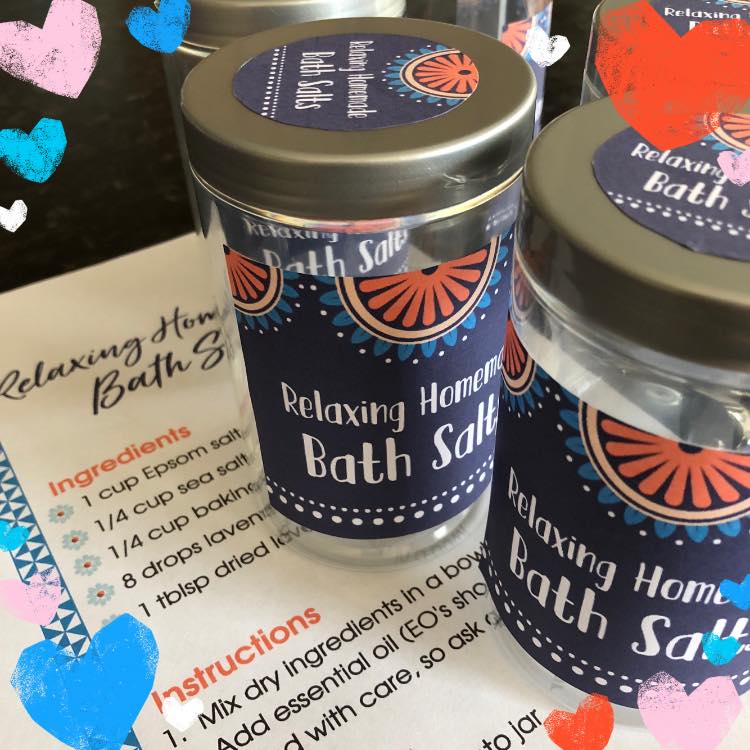
The small group setting provides the opportunity to participate in practical ADLs and social skills concurrently, which would not be available in individual client appointments. So while this content could be delivered individually, elements of social participation and collective engagement is missing, which is a key feature of WELL Girls. Evidence of success in the social aspect of the program is the formation of friendships which have been continued beyond the program. Girls with autism can often have challenges with forming social peer relationships; therefore success is seeing the increase in participant’s confidence and skills in this area. From a cost perspective, group programs are a third of the cost of individual therapy, thereby making WELL Girls more accessible and enabling clients to efficiently utilise their NDIS funding.
Many WELL Girl participants come to the program through word of mouth from past participants and there have been numerous requests to run the program in alternative locations throughout South Australia. Extremely positive feedback received from participants and parents has included multiple requests for an additional program with further content. To meet this need I developed a new program this year called WELL Girls Next Level, continuing on from the original WELL Girls program. Again, this has been so well received; it has resulted in requests for even further programs and has resulted in two new school holiday workshops in 2020.
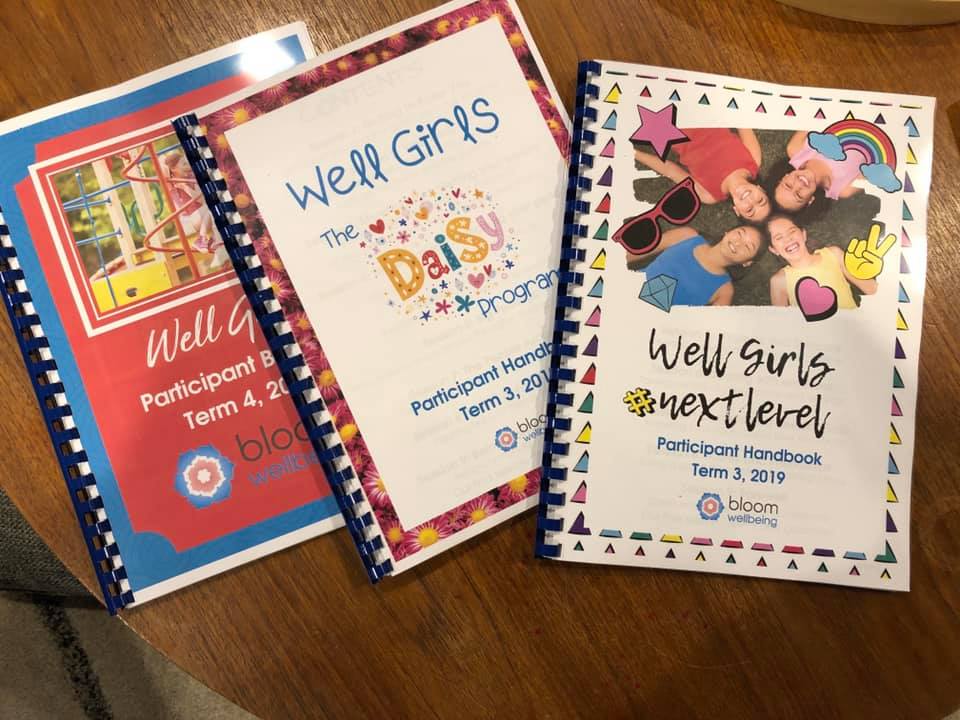
The first WELL Girls program was delivered in July 2017 to 3 participants as a term-long group program. It was then adapted as a school holiday program over 5 days and since then the program has evolved and content developed into a 9 session program delivered over 9 weeks. In addition, due to the diverse needs of the clientele, I have evolved the program to include the WELL Girls Foundations Program (the original program), WELL Girls Daisy Program for girls with intellectual or cognitive disabilities and WELL Girls Next Level for girls who have previously completed the Foundation’s program. By providing these options it has enabled the participation in programs, and access to this valuable information, to female clients aged 8 – 15 years.
The growth of the program has led to employment of staff dedicated to this program, as well as employment of additional therapists who are now being trained in delivering this program. This allows for multiple programs to be run concurrently in the future, with programs held each school term, and now each school holiday period.
More information about the WELL Girls Program can be found on our Facebook page https://www.facebook.com/wellgirlsprogram
